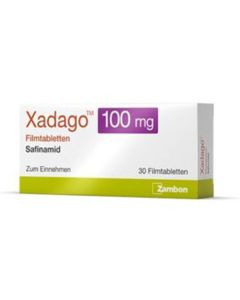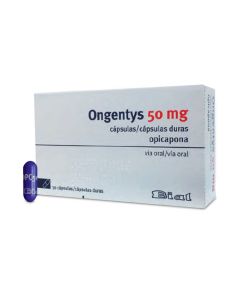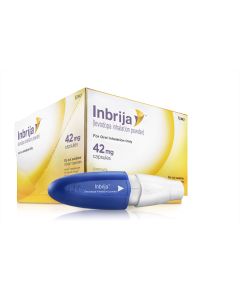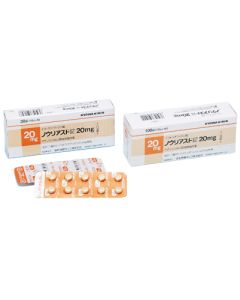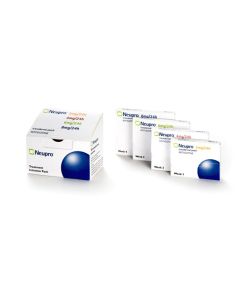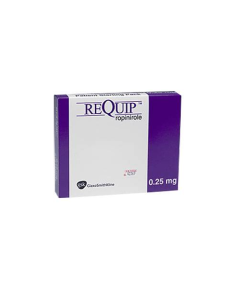Parkinson's Disease access options
Parkinson’s disease (PD) is a progressive disorder of the nervous system that causes shaking, muscle stiffness and slows one’s movement. "Parkinson’s disease affects one percent of individuals older than 60 and the incidence increases with age. The main finding in brains of people with PD is loss of dopaminergic neurons in the area of the brain known as the Substantia Nigra." – Parkinson's Foundation. Parkinson’s disease affects certain nerve cells (neurons) in the brain causing them to gradually break down or die. As these neurons are lost, dopamine production by the brain is reduced. As dopamine helps people control movement (among other things), this reduction causes... Read more » abnormal brain activity, leading to the symptoms of Parkinson's disease. As a movement disorder, Parkinson’s disease belongs to a group of conditions that create a variety of abnormal body movements and have a neurological basis, including cerebral palsy, ataxia, and Tourette syndrome. The cause of Parkinson's disease is not yet determined, however some apparent risk factors include genetics and certain environmental triggers. Men are 50% more likely to develop Parkinson's disease than women. PD develops gradually; one of the most well known signs is a tremor in one hand. Other symptoms include: uncontrollable shaking and tremors, slowed movement (bradykinesia), balance difficulties and eventual problems standing up, stiffness in limbs, lack of coordination, difficulty speaking. Symptoms vary and may worsen as the disease progresses. Many doctors rely on a diagnostic system called the Hoehn and Yahr rating scale to classify the severity of Parkinson's disease symptoms. The scale uses five stages to help doctors evaluate how far the disease has advanced in a patient. The Michael J Fox Foundation for Parkinson's Research states: "Parkinson's disease is often difficult to diagnose accurately, particularly when symptoms are mild. There is no simple diagnostic test, and approximately 25% of Parkinson's disease diagnoses are incorrect." Parkinson's disease dementia is an impairment in thinking and reasoning that eventually affects many people with Parkinson's disease. An estimated 50–80% of people with Parkinson's disease eventually experience Parkinson's disease dementia. Hallucinations (seeing or hearing things that are not there) and delusions (having thoughts are beliefs that are not based on reality) can occur in as many as 50% of Parkinson’s disease patients. Hallucinations usually occur during later stages of the disease and may be a side effect of PD medication. Delusions can cause patients to be suspicious and mistrusting of family, friends and carers, which can put a strain on these relationships. PD is associated with increased mortality compared with the general population. Research has shown that the average life expectancy is 21 years where the disease started between the ages of 40–64, compared to a life expectancy of 31 years with the non-PD-affected population. While there is currently no cure for Parkinson's disease, most patients are only mildly affected and don’t need any treatment for several years following their diagnosis. The disease can progress at different rates in different people. Treatment for each person with Parkinson's disease (PD) is based on his or her unique symptoms and state of progression. Treatments include medication and surgical therapy. Other treatments include lifestyle modifications and exercise. There are many medications available and it is common for patients to take a variety of these. For a list of medicines that have been approved for Parkinson’s disease, please see below. If a medicine has been approved by at least one reputable medical authority in the world but it is not available in your country, you may be able to purchase it via our service; we may be able to source and deliver it to you if you can provide a prescription from your doctor. "Since most symptoms of Parkinson’s disease (PD) are caused by a lack of dopamine in the brain, many PD drugs are aimed at either temporarily replenishing dopamine or mimicking the action of dopamine. These types of drugs are called dopaminergic medications. They generally help reduce muscle rigidity, improve speed and coordination of movement and lessen tremor. Always remember that medication is only part of the overall treatment plan for combatting PD. Learn more about the available medications first, but don't forget exercise and complementary therapies." – Parkinson's Foundation. New studies and research on promising medications occur all of the time. As soon as a new medicine becomes available and is approved by a major regulatory authority, everyone.org will review it and make it available to patients globally as quickly as possible.


